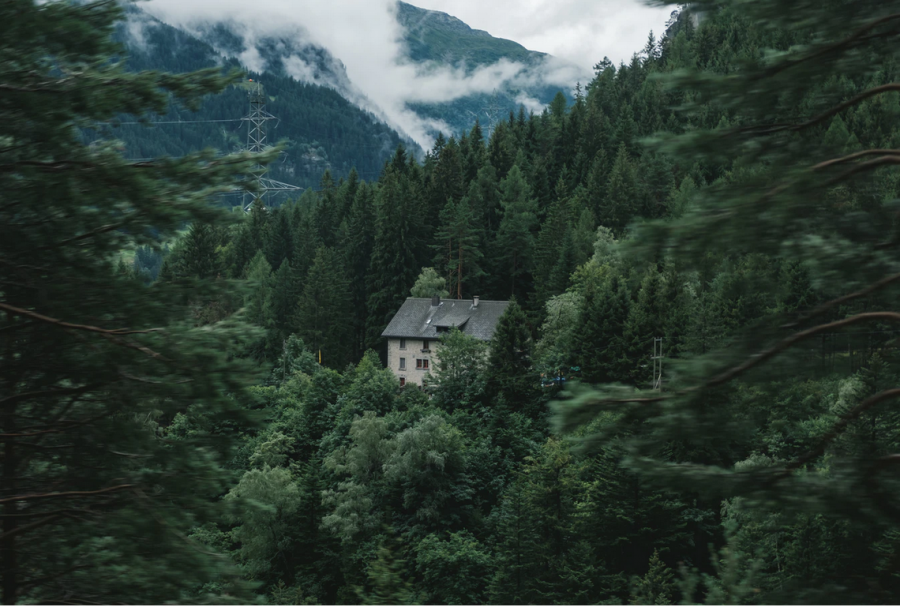Going off the grid is a great way to save money, simplify your life and reduce your dependence on large utility companies. At the same time, though, off-grid living is something that takes a good amount of research and consideration before you can pull it off successfully. Here are three of the most important things you should look into before you make the decision to move off the grid.
Water and Septic Services
Arguably the hardest part of going off the grid is the difficulty involved in providing for your own water and septic needs. For water, you’ll either need to be able to have large tanks of water physically transported to your home or install a rainwater collection system. In many cases, using both of these methods in tandem is the best approach, as rainwater can be used to supplement your existing water supply.
Taking care of your septic and sewage needs is a bit easier, but will still require the right equipment. To go off the grid, you’ll need to install a septic tank at your home and have it regularly maintained. This means you will need to find a company that offers septic tank pumping services in your area.
Solar Electrical Systems
To truly go off the grid, you’ll need a way to generate your own electricity. Fortunately, solar panels and battery storage have become much more affordable in recent years. By mounting solar panels on the roof of your home, you should be able to successfully generate and store all the electricity you need for ordinary household use. Although the initial investment is quite high, you’ll actually save money over time by switching to solar power.
Propane Heating
If you’re in an area where winter temperatures drop below your normal comfort level, you’ll need some form of heating in your off-grid home. The easiest way to heat a house without a city supply of natural gas is to install a large propane tank. In addition to home heating, propane can be used to fuel your stove, grill and water heater. By installing a large enough propane tank and keeping it adequately filled, you can take care of all of your home’s non-electrical energy needs.
Once you have these three factors figured out, you’ll be more or less ready to make the move to off-grid living. While there will be some difficulties and problems to be solved, keep in mind that the end result will be well worth it.

